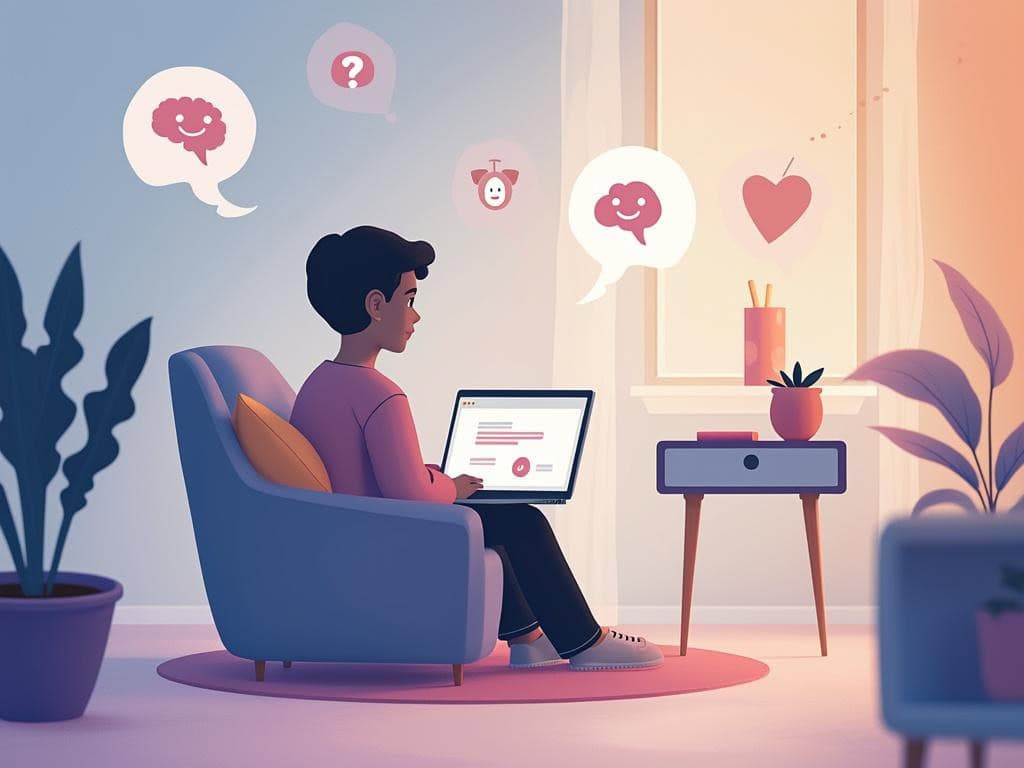AI Chatbots: Shaping Social Interactions Among American Teens and Their Mental Health

AI Chatbots Becoming Primary Social Outlets for American Teens, Study Reveals
A groundbreaking study by Common Sense Media has revealed that 72% of U.S. teenagers have used AI-powered chatbots for communication and support, with more than half becoming regular users – raising concerns about the future of human social interaction and mental health development.
The survey of 1,060 American teens highlights a dramatic shift in how young people are forming relationships and seeking emotional support, with one-third of respondents now using AI companions specifically for social interaction and relationships.
Rising Dependency on Virtual Friends
The research shows a concerning trend: 31% of teens find conversations with AI companions that enhance digital interactions as satisfying or more satisfying than interactions with real-life friends. This preference for artificial companionship comes despite AI's current technological limitations and inability to provide genuine emotional connections.
"The fact that these bots can be skewed to answer based on ideological lines is a concern," notes the report, highlighting risks of AI tools' tendency to "hallucinate" and make incorrect assumptions in their responses.
Mental Health and Social Development Implications
While some positive outcomes have emerged, including:
- 39% of users successfully transferring AI-practiced social skills to real-life situations
- 18% finding safe spaces to ask sensitive questions
- 45% of female users reporting improved social capabilities
According to the World Health Organization, increasing rates of severe loneliness represent a "pressing global health threat." Studies indicate loneliness is associated with:
- 50% increased risk of developing dementia
- 30% increased risk of coronary artery disease or stroke
Impact on Future Social Interactions
As technology companies invest billions in advancing AI companions, questions arise about the long-term impacts on social development. While implementing AI chatbots for enhanced communication offers certain advantages in specific contexts, experts worry about over-reliance on non-human entities for traditionally human engagement.
The findings underscore the need for careful consideration of AI's role in social development as technology continues to advance and become more integrated into daily life.
Enhanced monitoring and guidance from parents and educators remain crucial in ensuring healthy social development among teenagers as they navigate relationships with both human and AI companions.
Recommendations for Healthy AI Integration:
- Establish clear boundaries between AI and human interactions
- Monitor frequency and duration of AI companion usage
- Encourage regular face-to-face social activities
- Promote open discussions about AI's limitations and capabilities

